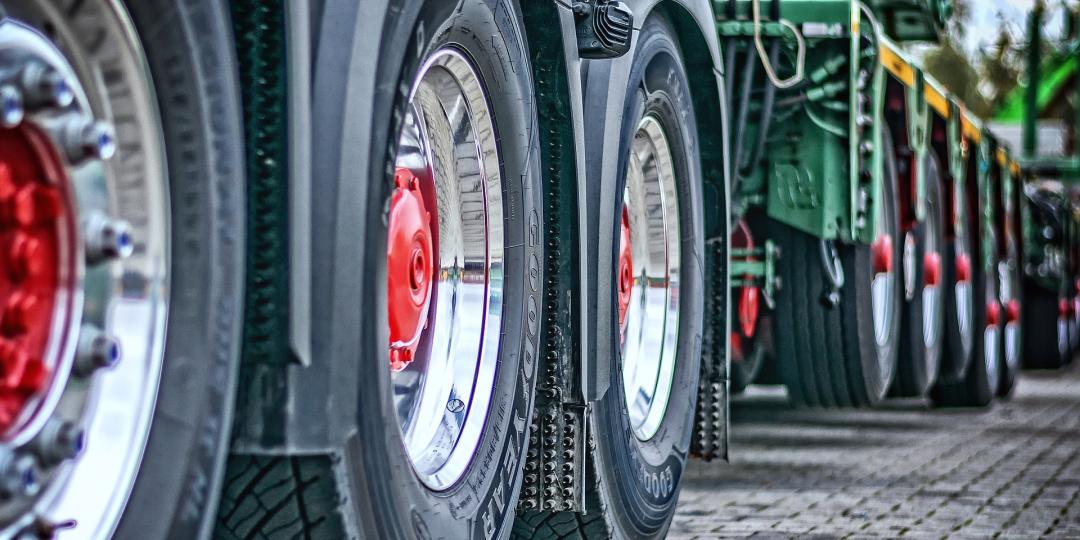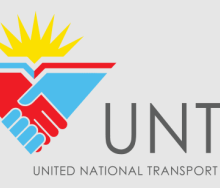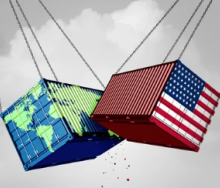Germany’s heavy road transportation sector is under threat from bureaucracy and a deteriorating roads and bridges infrastructure, which could affect all of Europe.
The situation is worsening in Europe’s largest economy, despite assurances from regional and national authorities that they are responding to the industry’s concerns, according to the European Association of Abnormal Road Transport and Mobile Cranes (Esta).
It is a warning that the country’s system for regulating heavy and abnormal transport is facing near collapse, mainly due to the lengthy and growing delays in obtaining permits. The issue was discussed by the Esta Board in September as members from around Europe expressed their concerns.
Esta stressed that, while companies in Germany were most severely affected, the problems were impacting many international operations doing business in the country given Germany’s significant manufacturing base.
“We have been told that a large percentage of abnormal loads in Germany are being forced to travel without a permit because obtaining one is almost impossible within a reasonable timescale,” Esta director Ton Klijn said.
The Esta meeting heard that permits for the delivery of wind turbines can take three to six months to obtain, increasing costs and delaying projects in one of the key industries for Europe’s net-zero target.
It was noted that a permit to allow a simple crane to travel from one location to another can take three to four weeks to obtain.
Failing regulatory systems, combined with the poor state of Germany’s roads and bridges, requires abnormal transporters to take circuitous and over-long routes to their destinations – if they are allowed to travel at all.
Klijn continued: “We thought Brussels could intervene with the German authorities, but they view it as an internal German affair. We appreciate the position of the authorities, but hope they will reconsider when they realise the damage the current situation is doing to Europe’s economy as a whole.”
He added that drivers of a single abnormal load often had to deal with anything from 100 to 300 pages of paperwork.
“More use of Europe’s canals is an option, but while using water and rail instead of roads might make sense in certain circumstances, it will not be a simple solution – and certainly cannot replace proper investment in roads and bridges. Too many of our political leaders simply do not understand the importance of our industry, the urgency of the situation and what our members require for heavy transport operations to be safe and efficient,” he contended.













